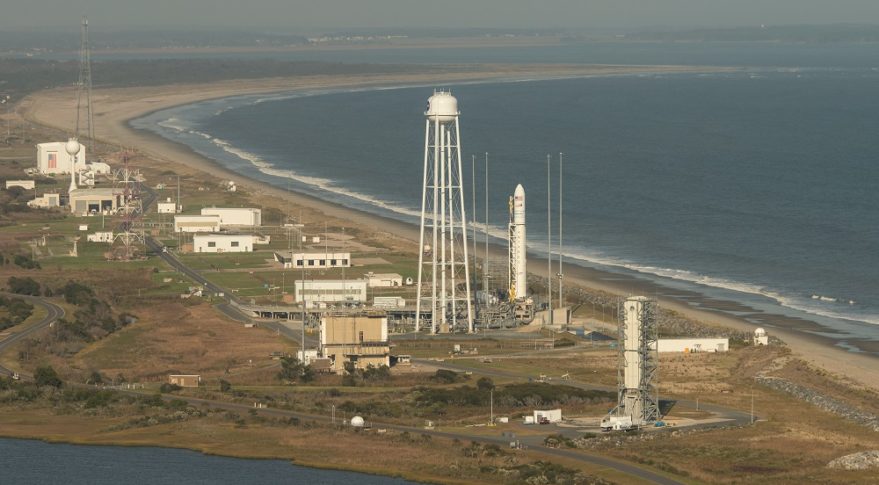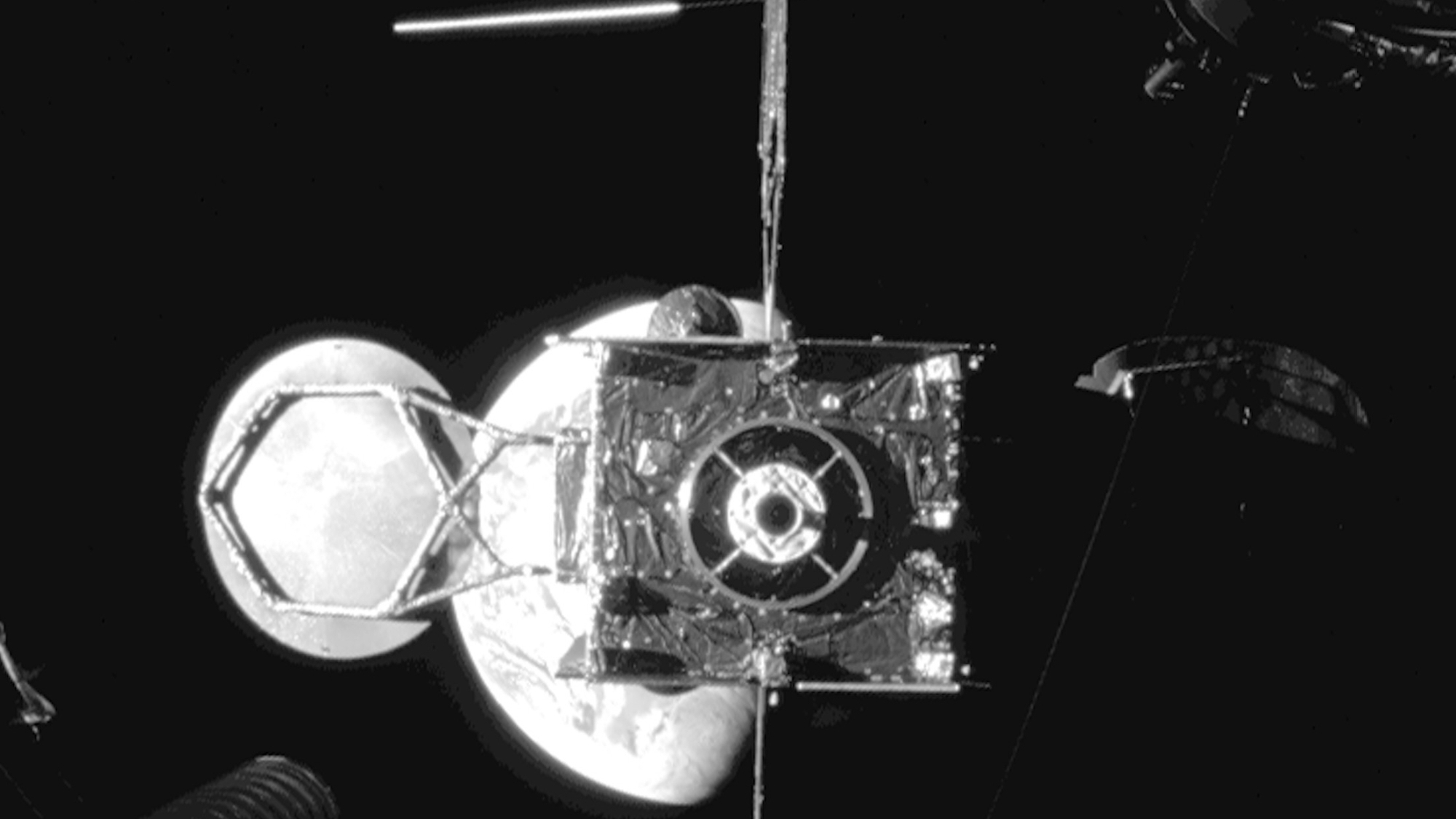Commercial Space Office Gets a Boost in FAA Reauthorization Bill

WASHINGTON — A reauthorization bill for the Federal Aviation Administration passed by the House April 27 includes several provisions intended to support its commercial spaceflight activities, including a major increase in authorized spending levels.
The FAA Reauthorization Act of 2018 was approved by the House on a 393–13 vote after a day and a half of debate on the bill and dozens of amendments.
The bill primarily deals with the FAA's role in regulating commercial aviation. Several amendments approved by the House during its debate, though, involve the FAA's Office of Commercial Space Transportation, or AST, and its role in regulating commercial spaceflight.
A manager's amendment introduced by Rep. Bill Shuster (R-Pa.), chairman of the House Transportation and Infrastructure Committee, and passed on a voice vote April 26 included among its provisions a sizable increase in authorized funding levels for AST. The bill raises AST's authorized budget from its 2018 level of just under $22.6 million to more than $33 million in 2019, with further increases to nearly $76 million by 2023.
The amendment is the latest effort to increase the funding profile of the office, which has received modest budget increases in the last few years even as the office's workload has grown significantly with higher launch rates and a growing number of vehicles under development. However, appropriators are not bound to fund the office, or other parts of the FAA, at levels stated in the bill.
The same amendment also addresses an issue with aircraft that have experimental licenses but are used in spaceflight operations. The bill would allow such aircraft to perform commercial space transportation "support" flights, such as for training or hardware tests, for hire.
Those flights, according to the amendment, will be required to take place from an FAA-licensed spaceport, and those who fly would have to provide their informed consent that they understand the risks of flying on an aircraft that has an experimental license.
Get the Space.com Newsletter
Breaking space news, the latest updates on rocket launches, skywatching events and more!
Another section of the same amendment directs the head of AST, the associate administrator for commercial space transportation, to be the "primary liaison" between the commercial space transportation industry and the rest of the FAA. That is intended to promote better coordination with the FAA's air traffic organization on airspace access for launches and reentries.
A separate amendment sponsored by several members from Florida, Maryland and Virginia would establish an "Office of Spaceports" within AST to deal with issues associated with commercial launch sites. The office's responsibilities would include assisting spaceport licensing activities and developing policies to support infrastructure investment in those facilities.
The amendment requires one report by the Secretary of Transportation evaluating demand for spaceports and needs for infrastructure investment for commercial spaceports. It also requires a report by the Government Accountability Office assessing ways to support spaceport investments, including through the use of the FAA's airport improvement program.
"State spaceports have become increasingly important elements of our national space launch infrastructure," said Rep. Barbara Comstock (R-Va.), the lead sponsor of the amendment, in comments on the House floor April 26. "This amendment will help recognize the important role of these spaceports."
"This amendment will strengthen the nation's competitiveness in this nascent industry and offer us a better understanding of how we can maintain a robust and resilient network of space transportation infrastructure," said Rep. Rick Larsen (D-Wash.), the only other member to discuss the amendment on the House floor. The House passed the amendment on a voice vote.
This story was provided by SpaceNews, dedicated to covering all aspects of the space industry.
Join our Space Forums to keep talking space on the latest missions, night sky and more! And if you have a news tip, correction or comment, let us know at: community@space.com.

Jeff Foust is a Senior Staff Writer at SpaceNews, a space industry news magazine and website, where he writes about space policy, commercial spaceflight and other aerospace industry topics. Jeff has a Ph.D. in planetary sciences from the Massachusetts Institute of Technology and earned a bachelor's degree in geophysics and planetary science from the California Institute of Technology. You can see Jeff's latest projects by following him on Twitter.










